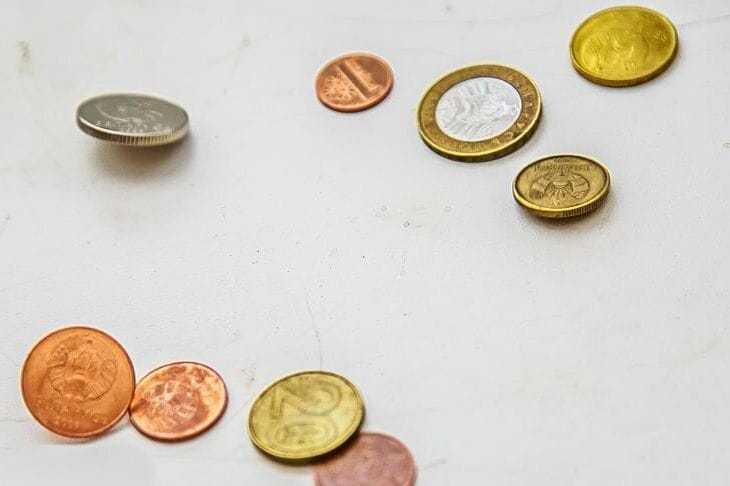We have all heard that our actions and habits can influence our destiny, even if they seem insignificant. Household signs and customs passed down from generation to generation are often aimed at maintaining wealth and well-being in the home.
In this world of traditions and superstitions, there are things that supposedly can push money away and bring financial difficulties to a person. These little things may seem harmless, but those who believe in the power of omens try to avoid them so as not to lose their luck.
One of the most famous taboos is whistling in the house. Surely you have heard the expression "whistle - there will be no money".

This superstition is connected with the fact that whistling, according to ancestors, drives away wealth and positive energy from the house. By the same logic, you should not brag about your financial success or a large purchase. Bragging can attract envy or the evil eye, which can cause future failures.
There are also more practical tips, such as avoiding sitting on the table. In the old days, the table was considered not only a place for eating, but also a symbol of the hearth and prosperity.
Sitting on it means disrespecting your home and, as was believed, bringing on poverty. In the same category of prohibitions is the habit of brushing away crumbs with your hand - this action, according to signs, also leads to financial losses.
Another seemingly insignificant detail is the habit of putting your hat or keys on the table.
In our ancestors' homes, it was believed that the table should remain clean, because it represents abundance. Keys or a hat on the table are a sign of disorder, which can lead to discord in financial affairs.
Interestingly, the broom also has financial symbolism. It is believed that there should only be one broom in the house - two means wastefulness. In addition, it is important to store the broom correctly: with the broom facing up.
This method of storage symbolizes the attraction of positive energy and luck. If the broom is placed with the broom down, it can, according to beliefs, "sweep" money out of the house.
Financial discipline begins not only with wise budgeting, but also with following certain traditions.
One of these is the rule that money should not be spent immediately after receiving a salary. It should be allowed to "lie down", spend the night with you. This ritual is connected with the idea that money should "soak up" the atmosphere of the house, strengthen the connection with its energy.
Another warning is the habit of counting other people's money. Looking into someone else's wallet will not bring you prosperity, but on the contrary, it can push away luck. Financial success, according to many, is associated with respect for your own and other people's work. Focus on your own funds and plans, without envying other people's achievements.
These everyday signs and customs may seem simple or even ridiculous at first glance, but many people continue to observe them, believing that every gesture and action can affect well-being.
There is something of the ancient understanding of the world in this, where everything is connected, and where each object or habit has its own meaning. Even in our time, when finances depend more on the economy and competent management, many of us cannot resist the power of traditions that promise to protect us from poverty and bring good luck to the house.
